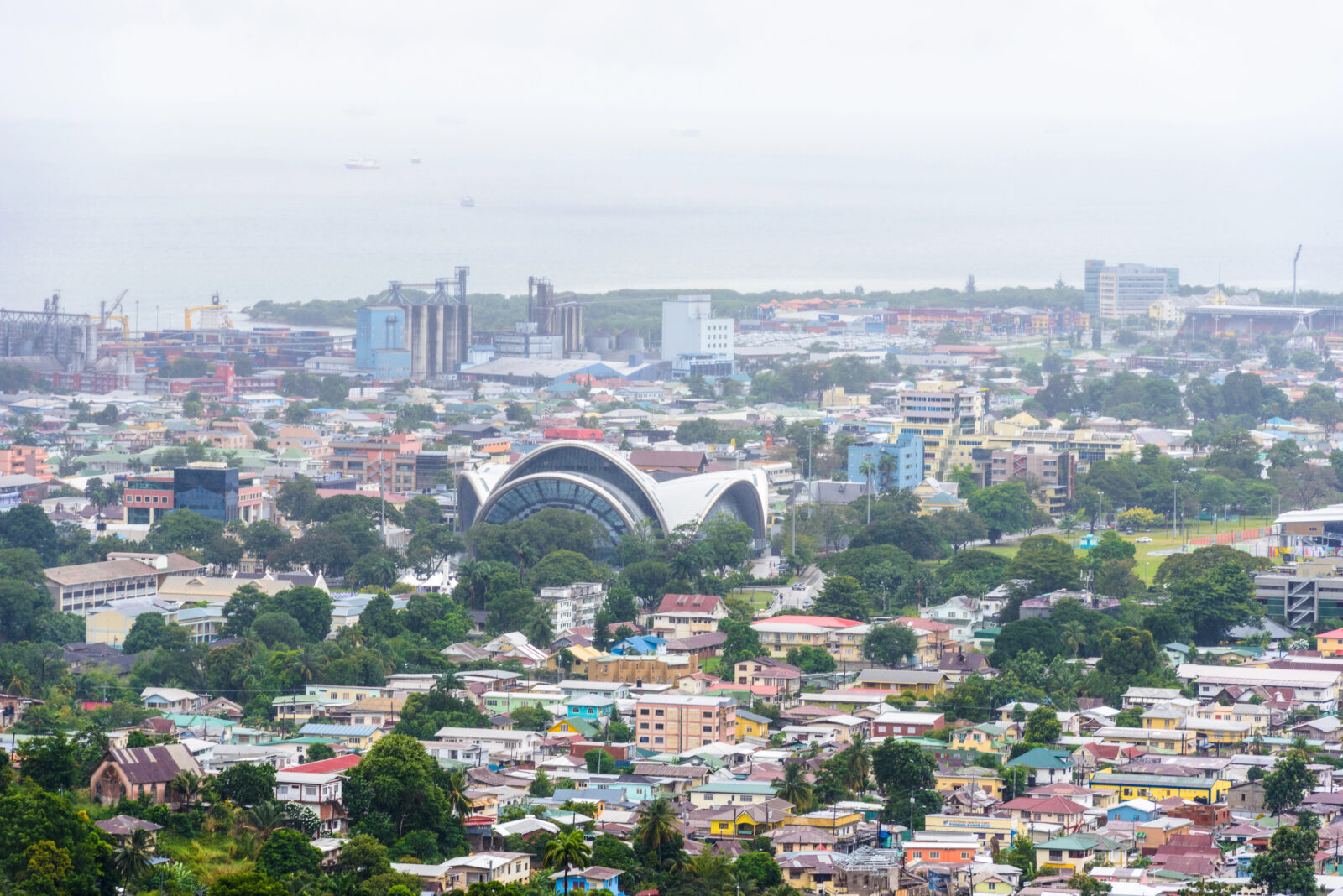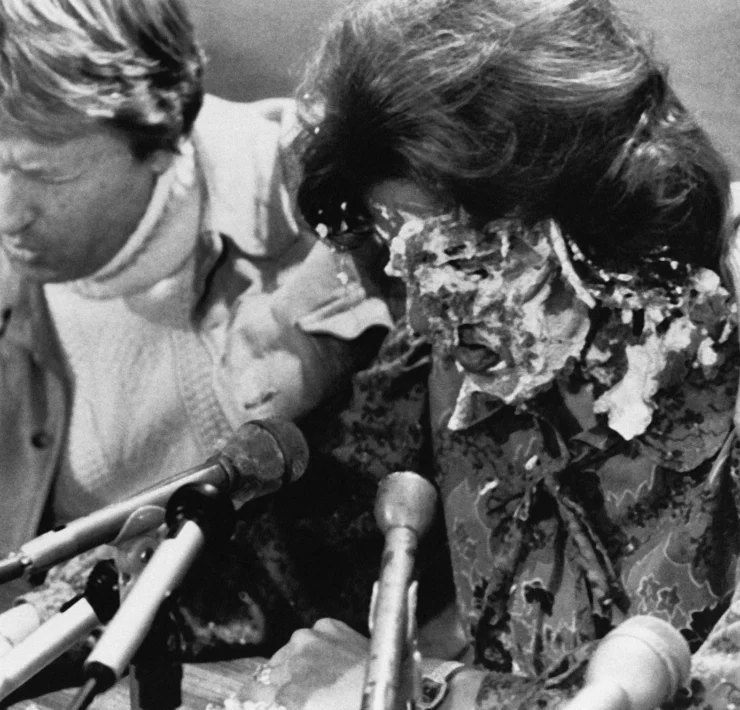Trinidad and Tobago Recriminalizes Homosexuality

In a deeply controversial move, the Court of Appeal in Trinidad and Tobago has reinstated laws that criminalize same-sex intimacy between consenting adults, effectively reversing a 2018 High Court decision that had decriminalized such acts. The decision has sparked alarm and outrage among LGBTQ+ advocates both locally and internationally.
The original case was brought forward by LGBTQ+ rights activist Jason Jones, a Trinidadian national currently residing in the United Kingdom. Jones had challenged Sections 13 and 16 of the country’s Sexual Offenses Act, legislation that dates back to the British colonial era. These provisions criminalize “buggery”—defined as anal sex between men or between a man and a woman—and other acts of “serious indecency,” with penalties ranging from five years to 25 years in prison.
In April 2018, High Court Justice Devindra Rampersad ruled in favor of Jones, declaring that these sections were unconstitutional and violated fundamental human rights. His ruling signaled a landmark victory for LGBTQ+ rights in the Caribbean and led to a temporary legal environment in which consensual sex between adults, regardless of gender, was decriminalized—provided all parties were at least 16 years of age.
However, the decision did not mark the end of the legal battle. The government appealed the High Court ruling, and on March 25, a panel of appellate judges delivered a split verdict that reversed the 2018 outcome.
Justices Nolan Bereaux and Charmaine Pemberton determined that the challenged sections were “saved laws”—statutes inherited from colonial rule that are constitutionally protected from being invalidated, even if they contravene certain rights. Their judgment effectively restores the legal penalties for same-sex intimacy, reducing the sentence from 25 years to a maximum of five years’ imprisonment for acts between consenting adults.
Notably, Justice Vasheist Kokaram dissented, arguing that the appeal should have been dismissed and that the High Court’s decriminalization ruling ought to stand.
In response to the ruling, Jason Jones issued a public statement condemning the decision. “As an LGBTQ+ citizen of Trinidad and Tobago, this regressive judgment has ripped up my contract as a citizen of T&T and again makes me an un-apprehended criminal in the eyes of the law,” he wrote. “The TT Court of Appeal has effectively put a target on the back of LGBTQIA+ people and made us lower-class citizens in our own country.”
The decision represents a significant setback for LGBTQ+ rights in Trinidad and Tobago and could reverberate across the Caribbean, a region where colonial-era laws criminalizing same-sex relationships remain in force in several countries. Human rights organizations and advocacy groups have begun mobilizing in response, with many calling on the Trinidadian government to repeal the laws through legislative means, regardless of the court’s ruling.
As the case potentially heads to higher judicial review, perhaps even to the Privy Council in the U.K., activists stress that the struggle for equality and legal protection for LGBTQ+ people in the region is far from over—and the prospects are not looking good.










